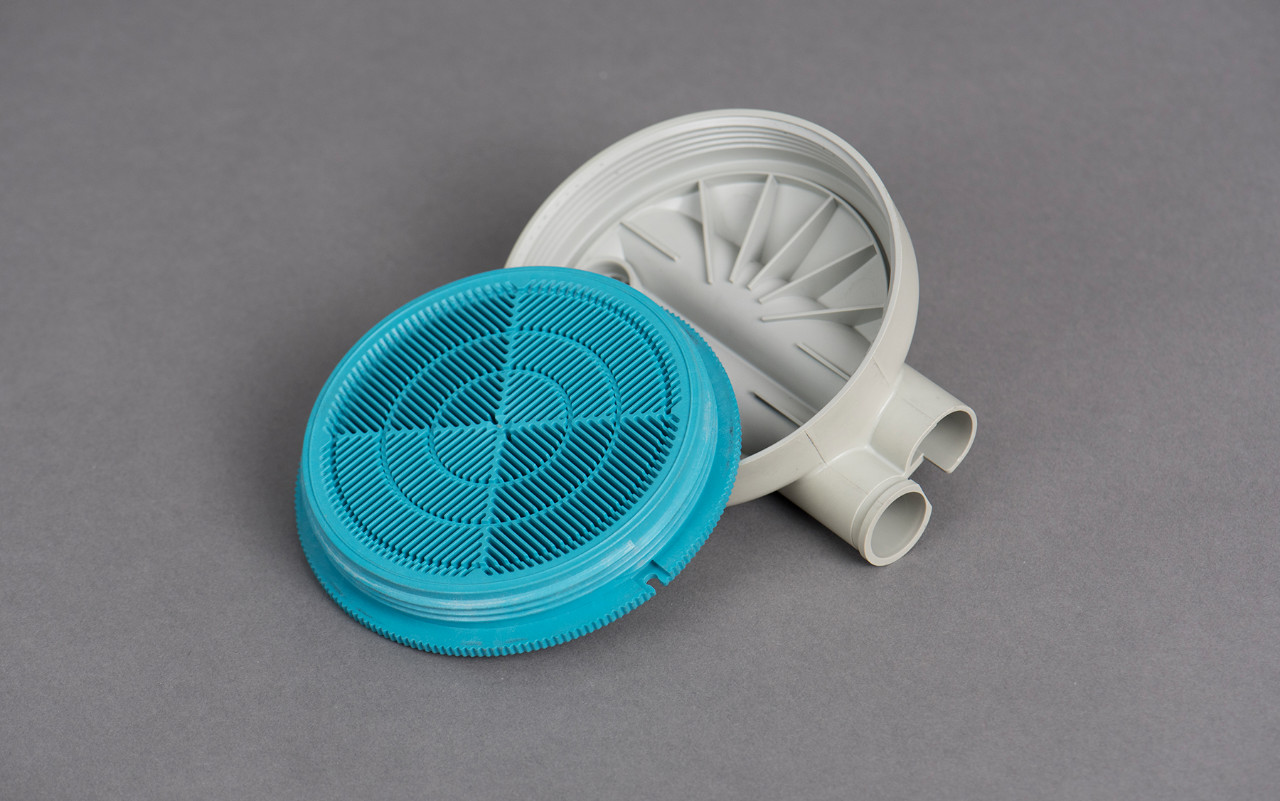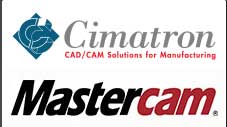Tooling Services
Plastic injection tooling involves the shaping and production of metal components that give a final shape to a product. To ensure that the mold’s core box and casting cavities are designed perfectly, tooling must be carefully planned.
Injection Molding
Preferred Tool offers the best in plastic injection molding and tooling. We have many years of experience serving industries like firearms, food, beverage, electronics, business equipment, and more. We know that precision is required in the design of injection mold tools and their maintenance. We are flexible and knowledgeable to any situation that arises during the manufacturing process. We will guide you in the correct direction. Everything we do revolves about the tooling used in the injection molding process. All of our engineering and management have managed and led injection molding tooling companies. We have the expertise of an in-house tool builder and a global network of “world class” partners.
Repair & Maintenance Services for Plastic Injection Molds
Maintenance is vital to ensuring tool longevity and consistency in processing performance. Preferred Tool performs preventative maintenance on all injection molds, as specified by the customer or our engineering department, to ensure optimal performance. Our customer will be notified if the tool requires additional maintenance due to normal usage.
What is mold tooling?
Injection molding uses a metal mold to form molten resins.Tooling is often used to describe the mold. The metal mold that is at the core of the injection molding procedure can be referred to as tooling or mold. The term mold tooling can also be used to refer to the process of machining a metal block into a mold. The negative part is cut to create a core and cavity. The injection molding machine holds the mold in place while it is injected at high pressure with molten polymer. The mold is opened after the plastic has cooled and the part is ejected. Repeat the process until all parts are produced. Injection molding can be a cost-effective way to produce a large volume of plastic parts.
To produce high-quality parts, you need to use tools of the highest quality. We only use the highest quality materials and components for its injection molding tools. We will work closely with each customer to ensure that every project is completed according to their requirements.
What materials are used for the manufacture of injection molding tooling?
Injection mold tooling is usually made from steel, aluminum or alloys. Some mold tooling is more complex, with multiple sides and internal components. Components on the interior of the mold can include slides, lifters and pins. Bushings, ejectors and alignment devices are also possible. To ensure that dimensional tolerances and tooling durability are maintained, the proper mold and component materials must be used in conjunction with compatible injection materials. Our experts have years of experience in building injection molding tools.
Injection Mold Tooling
The process of mold tooling involves locating and purchasing all the necessary machinery and components for the job, including jigs and gauges. These instruments are crucial to the success and quality of the part. The right injection tooling can improve the efficiency of a mold as well as the quality of an injection-molded component. The cost of the project and the quality of the final part will be heavily influenced by the tooling process. It is expensive to invest in high-quality injection mold tooling, but it ensures that the parts are of excellent quality and that the tooling has a long life. Durable mold tooling will reduce overall project costs and the cost per part. The cost per part will decrease over time the more parts you can make with the tooling.
The tooling for injection molding is very customizable. We can manufacture injection-molded components that meet your exact. We can create custom plastic mold tools in collaboration with our designers and production facility to meet your unique project requirements.
Injection molding tooling is commonly made from steel and aluminum. We use steel tooling in full-scale and high-volume production. Steel is able to withstand higher temperatures and pressures without damaging the mold. Steel injection mold tooling can produce millions to hundreds of thousands of plastic parts. Aluminum mold tooling is typically limited to a few thousand parts. Steel mold tooling has many advantages, including being easier to maintain and lasting longer without rust. It also provides a great finish on each piece. Electrical discharge machining can be used to make steel mold tooling. EDM is an extremely precise method that allows our engineers to produce tooling with complex geometry and tight tolerances, which could not be produced by conventional methods. Aluminum mold tooling cannot be produced using EDM. It must instead be manufactured by conventional methods, such as CNC machining. Steel mold tooling is more expensive up front, but the benefits outweigh this. Steel molds are less expensive because they can run more cycles than aluminum ones. Aluminum mold tooling can be difficult to repair or change and must often be replaced.
Do you have questions about injection mold tooling? Contact Preferred Tool today.


